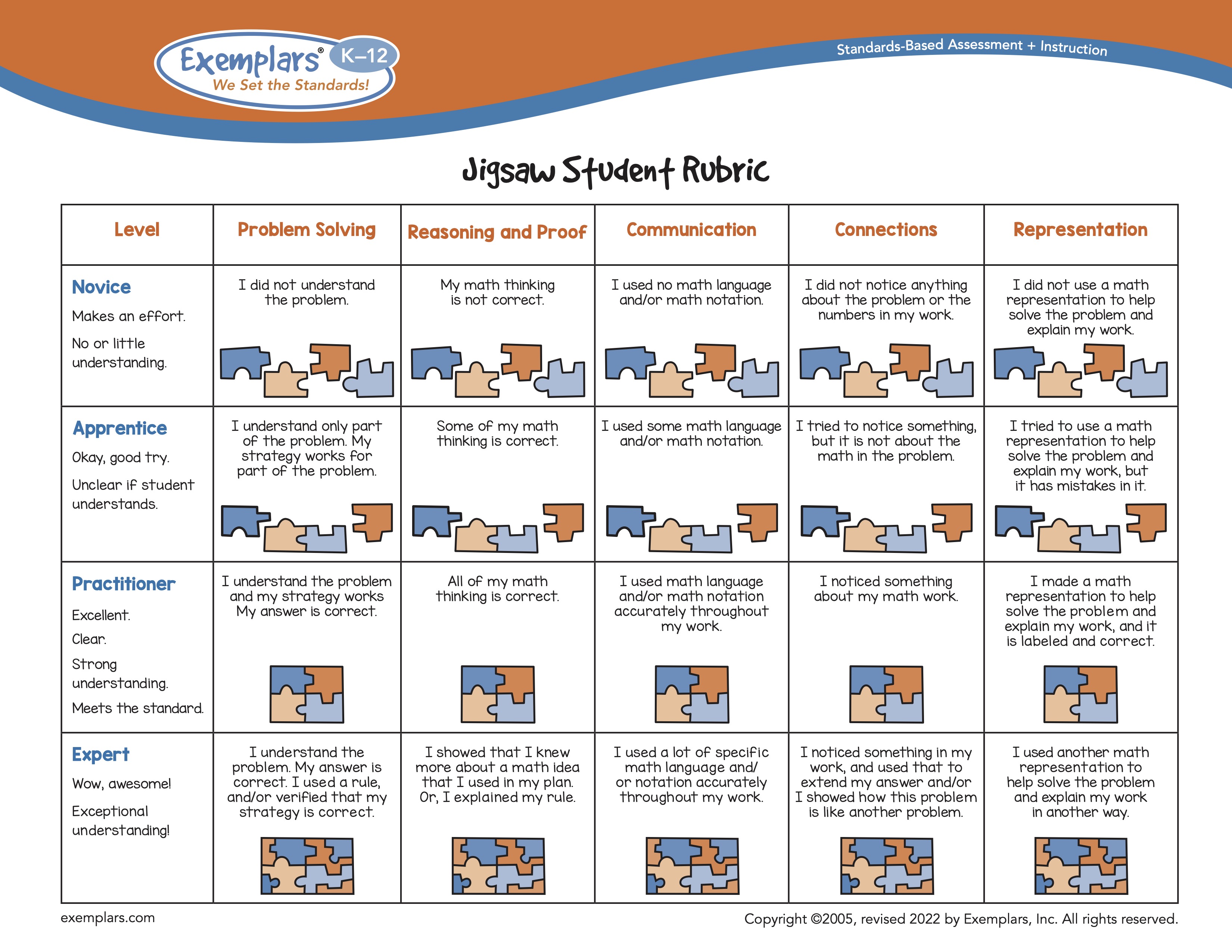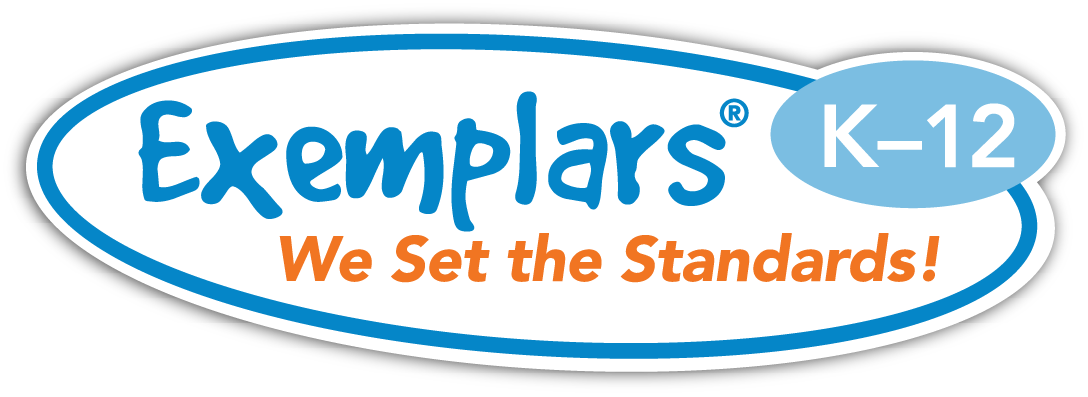As a first-grade teacher, I've discovered a common refrain during math lessons: "I know because I did it in my head!" While I admire their confidence, this declaration often lacks the depth of understanding I aim to cultivate. It's like trying to navigate with a map that only shows "here" – you know where you are, but not how to get anywhere else. This is precisely why the Exemplars program has become such a transformative tool in my classroom. It gently, yet firmly, nudges students beyond mental calculations and into strategic thinking. Exemplars provides the framework for them to not only solve problems but to also articulate how they solved them, turning students into true mathematical thinkers.
Beyond "I Did It in My Head"
Cultivating Mathematical Thinkers With Exemplars
Written by Anderson Manuel, First-Grade Teacher, Massachusetts

"Exemplars provides the framework for them to not only solve problems but to also articulate how they solved them, turning students into true mathematical thinkers."
One of the program's strengths lies in its tiered approach. The leveled problems allow students to build confidence and gradually tackle more complex challenges. I frame it as a mathematical adventure, where advancing to the next level requires demonstrating strategic thinking and clear explanations. This approach ignites students’ natural curiosity and competitive spirit: After all, who doesn't love a good challenge? We use the Exemplars rubric to guide our work, and I introduce it early on. The rubric helps students understand the expectations and what it means to be a mathematician in our classroom. I often joke that explaining their math thinking is like teaching someone how to use TikTok – if you can make that clear, you can explain anything!

My classroom becomes a dynamic hub of learning when we engage with Exemplars. It's not just about finding the right answer; it's about the process of discovery.
My classroom becomes a dynamic hub of learning when we engage with Exemplars. It's not just about finding the right answer; it's about the process of discovery. Students collaborate, sharing ideas and learning from each other's unique perspectives. The buzz of conversation isn't just noise; it's the sound of young minds wrestling with mathematical concepts, building understanding, and developing essential communication skills.
Exemplars' emphasis on explanation is where the real magic happens. Students aren't just solving problems; they're explaining how they arrived at their solutions. This process of articulating their reasoning deepens students’ understanding and builds their confidence. They begin to see math as a subject where their thoughts and approaches are valued. This focus on explanation naturally connects math with writing, reinforcing literacy skills across the curriculum. Students learn that a successful mathematician is also a strong reader, critical thinker, and effective communicator.
Students learn that a successful mathematician is also a strong reader, critical thinker, and effective communicator.
The structured rubrics provide clear expectations, motivating students to not only solve problems correctly but also to clearly communicate their thought processes. Seeing their work recognized as an "Exemplar" is a powerful motivator. Even more inspiring is when students begin creating their own math problems, demonstrating true ownership of their learning.
"Through this collaborative approach, students not only strengthen their mathematical abilities but also develop crucial social-emotional skills, learning to support each other, celebrate successes, and navigate challenges as a team."
Creating a supportive and respectful learning environment is paramount. We establish classroom norms that encourage respectful dialogue, where students can confidently share their thinking, agree or disagree with strategies, and offer constructive feedback. Phrases like "I see how you did that!" and "I would try it this way…" become commonplace, fostering a collaborative and supportive classroom culture. Through this collaborative approach, students not only strengthen their mathematical abilities but also develop crucial social-emotional skills, learning to support each other, celebrate successes, and navigate challenges as a team.
As I continue to integrate Exemplars into my teaching, I'm consistently amazed by the growth I witness in my students. They're not just learning math; they're becoming critical thinkers, effective communicators, and compassionate collaborators. The joy they express when tackling these problems is contagious, and I'm excited to continue this journey of discovery with them. Exemplars empower my first graders to engage deeply with math, fostering an environment that celebrates collaboration, explanation, and diverse thinking. By embracing these principles, we’re not just preparing them for academic success; we’re equipping them with the tools they need to thrive as lifelong learners and engaged citizens.

